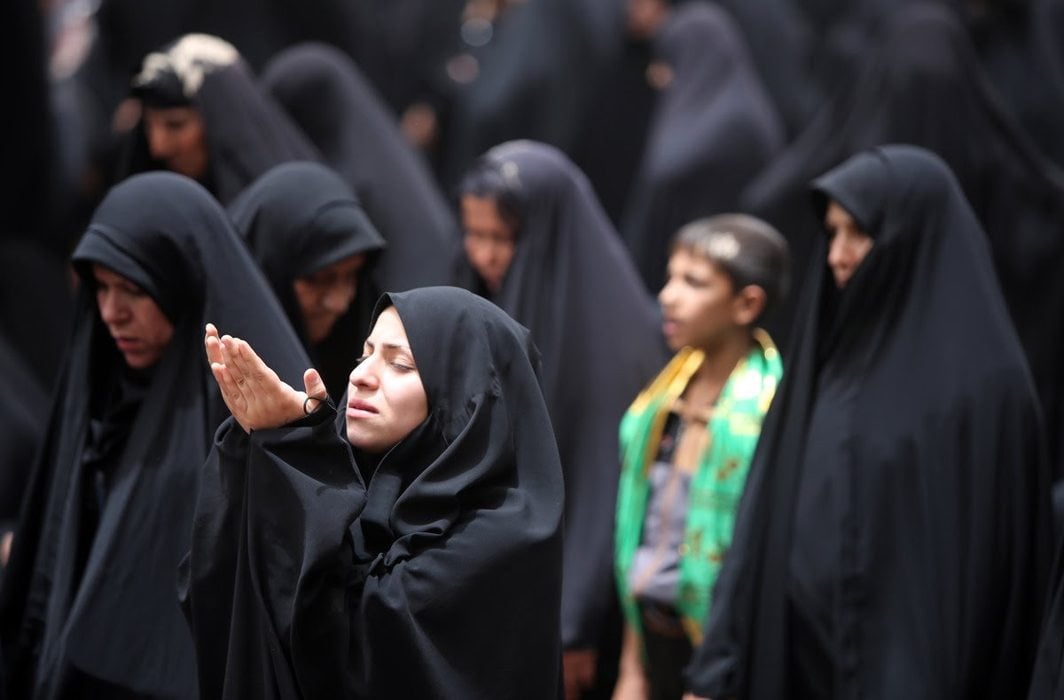Bill also provides for a subsistence allowance of a harassed Muslim woman and her dependent children along with custodial rights of minor children
In a move that could provide a strong deterrent to the obnoxious practice of instant triple talaq in a section of the Muslim community, the Centre is ready with a draft Bill that proposes a three year jail term for husbands who divorce their wives through Talaq-ul-Biddat – uttering the word talaq three times in one go.
Over three months after a majority verdict by a five-judge Bench of the Supreme Court decried Talaq-ul-Biddat to be “unislamic, arbitrary and unconstitutional”, Prime Minister Narendra Modi’s government is ready with a draft law that would ban instant triple talaq.
The Bill, which proposes a three year jail term and monetary fine for Muslim husbands who divorce their wives by merely uttering talaq thrice in a single stroke – often through Whatsapp or e-mail – is likely to be tabled for passage in the upcoming winter session of Parliament that will be convened from December 15.
The draft Bill, according to media reports, proposes to make instant triple talaq a “cognizable and non-bailable” offence, while it also proposes a slew of other measures like a subsistence allowance and custodial rights of minor children for the wronged Muslim woman in a marriage.
The Bill, which could replace the controversial Muslim Women (Protection of Rights on Divorce) Act, 1986, once it is passed by Parliament has been drafted by a Group of Ministers (GoM) that was constituted by Prime Minister Narendra Modi in the aftermath of the Supreme Court’s historic verdict that banned instant triple talaq in August. The GoM included Union ministers Rajnath Singh, Sushma Swaraj, Arun Jaitley and Ravi Shankar Prasad. The GoM was set up after two members of the Supreme Court Bench – then Chief Justice JS Khehar and Justice S. Abdul Nazeer – said in their minority verdict that the issue of banning instant triple talaq should be dealt through legislation and not by the judiciary.
The draft law, titled Muslim Women (Protection of Rights on Marriage) Act, according to a report in the Indian Express, allows a Muslim woman who has been given instant triple talaq to move court, seeking “subsistence allowance” for herself and dependent children, as well as custody of minor children.
These rights were not adequately dealt with in the Muslim Women (Protection of Rights on Divorce) Act, 1986 which was drafted by the Congress government under then Prime Minister Rajiv Gandhi and passed by Parliament largely as a means to overturn the Supreme Court verdict in the Shah Bano case. The 1986 Act had largely dealt with the issue of providing maintenance to the Muslim woman who has been divorced through Talaq-ul-Biddat and had not gone into other equally important issues such as provision for a ‘subsistence allowance’ for her children or her custodial rights of minor children.
The proposed law, sources privy to the draft said, expressly bans instant triple talaq in “oral, written, electronic or any other form” and states that any declaration of Talaq-ul-Biddat by a Muslim man shall be “illegal and void”.
It may be recalled that the All India Muslim Personal Law Board while opposing judicial intervention in the instant triple talaq case had expressed that it was open to a ban on Talaq-ul-Biddat being imposed through an Act of Parliament.
The Bill, once enacted into a law by Parliament, will apply to all Indian states with the exception of the Muslim-majority Jammu and Kashmir since the northern state enjoys autonomy under the Indian Constitution on drafting its own laws.
According to media reports, 244 cases of triple talaq — 177 before the Supreme Court’s verdict of August 22 and 67 ever since — have been reported from across the country this year, with Uttar Pradesh leading the list in Talaq-ul-Biddat cases. These, however, are figures of instant triple talaq cases that are reported and the actual number of such incidents could actually be much higher.
While the merits of banning the practice of instant triple talaq through legislation cannot be denied, it is also important to note that if Prime Minister Modi’s government does succeed in having the law enacted – which it is expected to – there are obvious political and electoral benefits that the move would bring for the BJP.
Banning instant triple talaq has been a poll promise of the BJP for long and the party had raised the issue vociferously during the Uttar Pradesh assembly election campaign earlier this year in the hope that doing so would lead to incremental electoral support among Muslim women for its candidates. BJP leaders had, after the party’s stunning victory in Uttar Pradesh, claimed that Prime Minister Narendra Modi’s pitch for banning instant triple talaq had struck a chord with the Muslim women of the states, who had in turn voted for the BJP. While the truth behind the claim is hard to establish, it certainly makes for good political rhetoric for the BJP which otherwise has an anti-Muslim image.


 India News13 hours ago
India News13 hours ago
 India News12 hours ago
India News12 hours ago
 India News3 hours ago
India News3 hours ago
 Cricket news3 hours ago
Cricket news3 hours ago
 India News2 hours ago
India News2 hours ago














